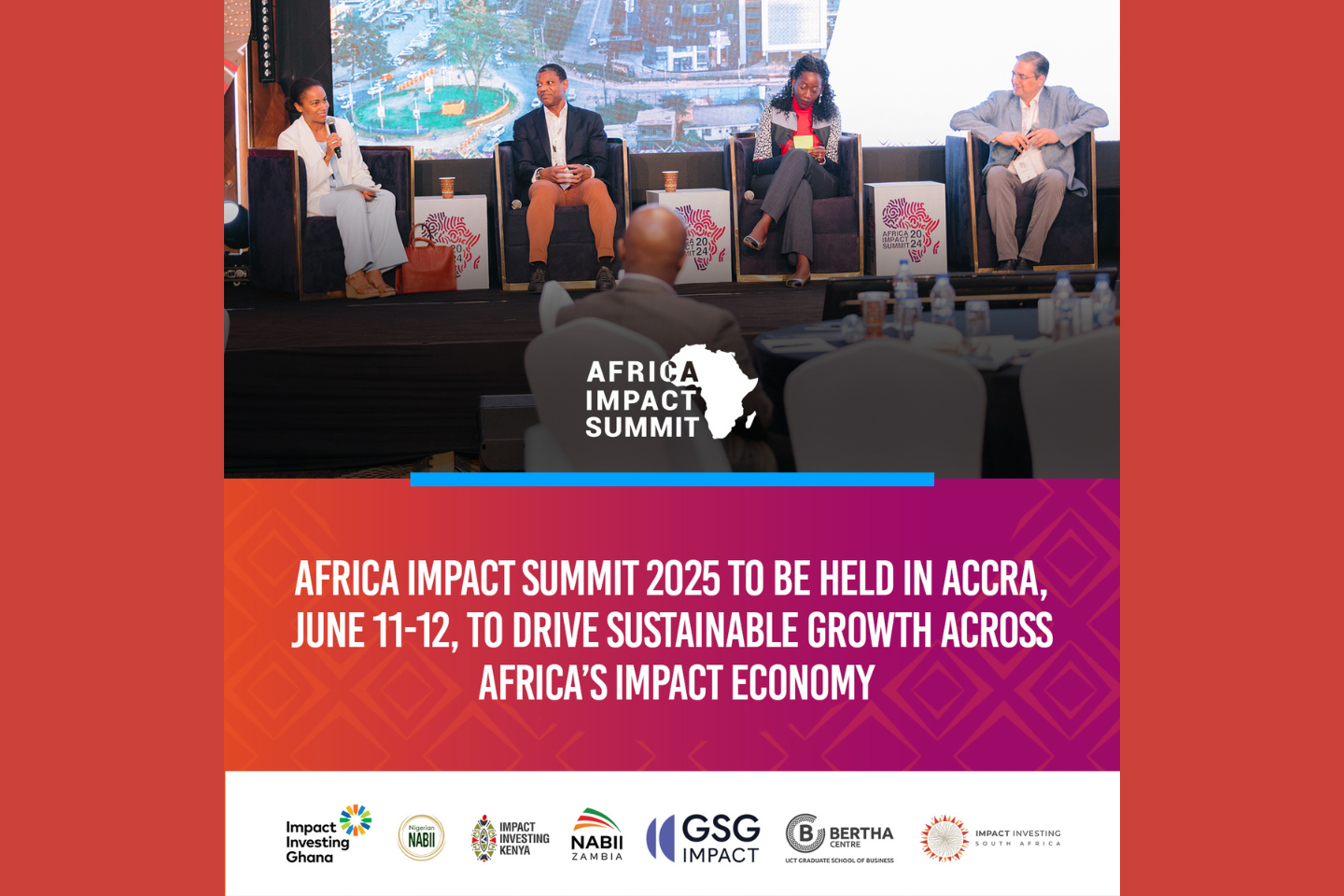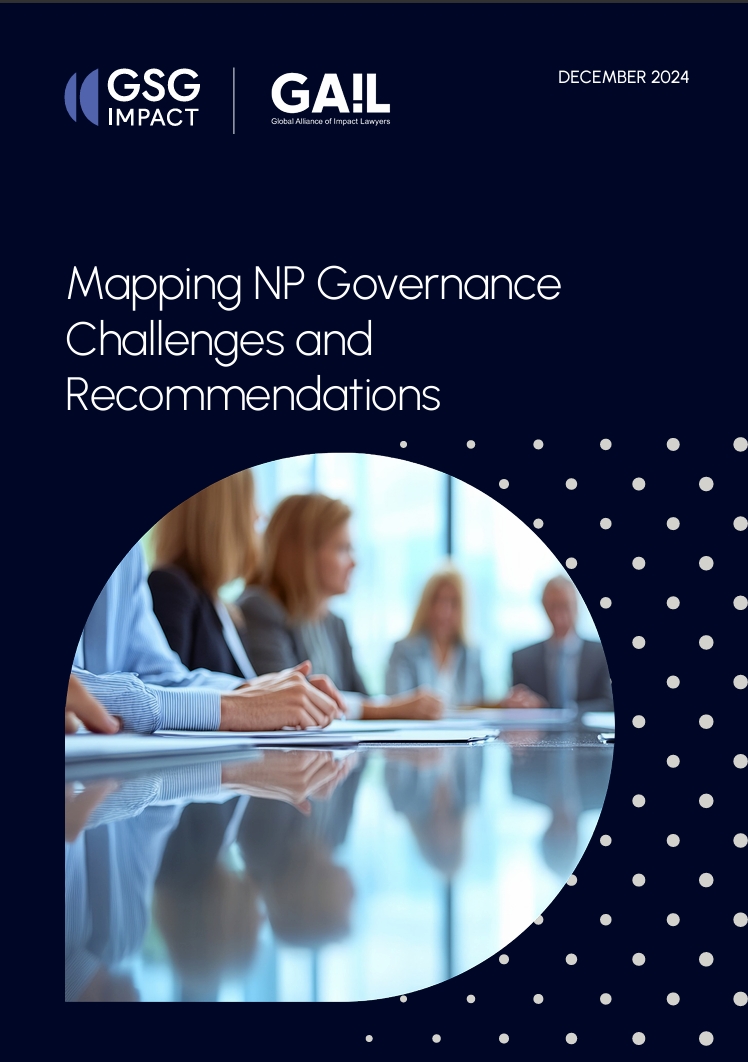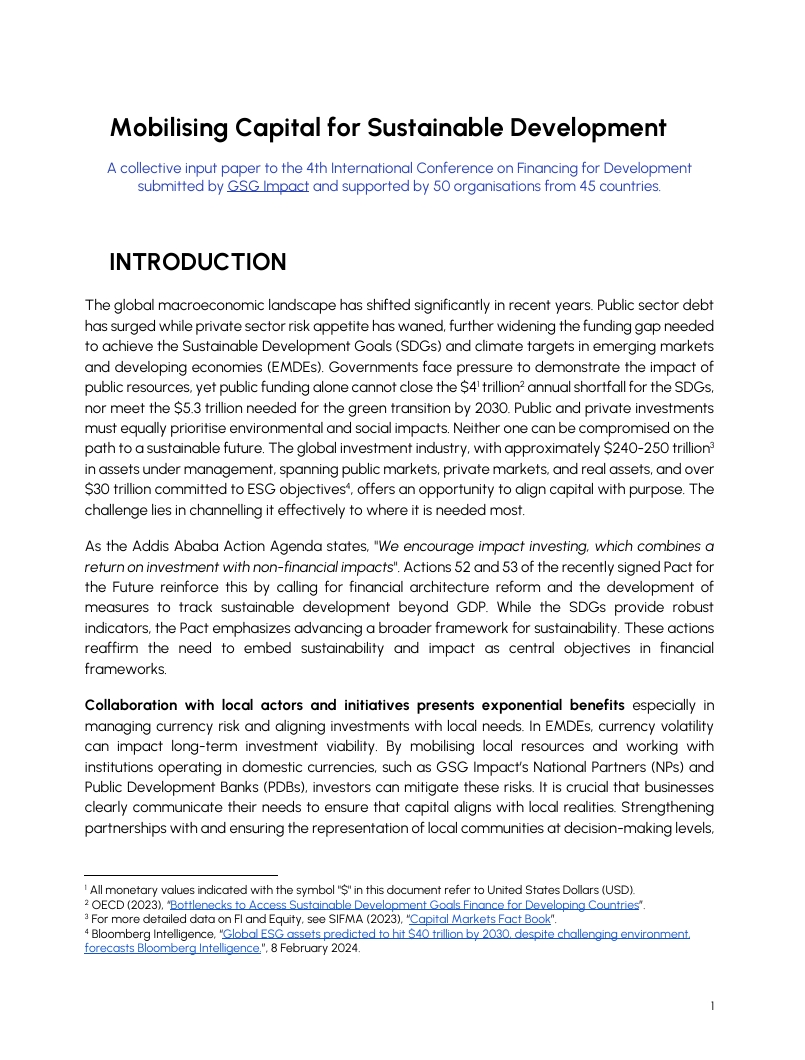
On 30 September, 2015, the global community, represented by all 193 member states of the United Nations (UN), adopted the Sustainable Development Goals (SDGs).
Three months later, world leaders charted a new course in our battle against climate change with the Paris Agreement which – for the first time – brought all nations together for a common cause: to limit global temperature increases. The need for collective action to address the world’s most urgent challenges couldn’t be clearer. The world faces new and ever more complex challenges, from climate change to mass migration and global epidemics, which threaten economic growth, prosperity, peace and life as we know it.
No sector has a more important role to play than finance in determining whether or not we are successful in addressing these challenges than finance. In the words of United Nations Secretary, General António Guterres:
“Finance could be, should be and will be the decisive factor — the difference between winning and losing the war”.
This paper – Part I of the full report – diagnoses the current gaps along the financial services product development supply chain, which are hindering more capital from flowing towards the SDGs. These gaps are multiple and cut across the consecutive stages and range of actors in the value chain, from asset owners and asset managers to Development Finance Institutions (DFIs) and philanthropy:

Visionary leadership & incentive alignment

More robust information

Aligned capabilities

Effective product design

Efficient distribution









